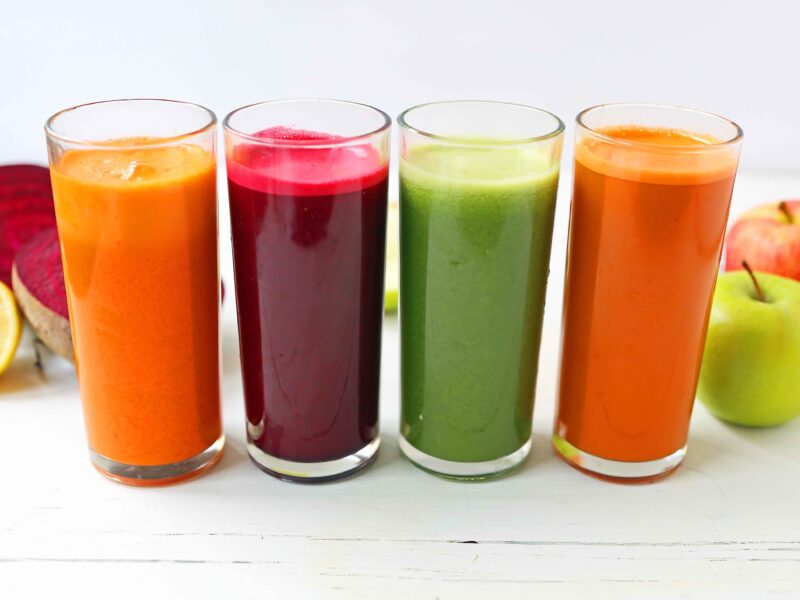
The benefits and harms of pineapple
Pineapple is a tropical fruit that is not only delicious but also packed with nutrients. Its sweet and tangy flavor makes it a popular addition to many dishes and beverages. However, like any food, pineapple has both benefits and potential harms. In this article, we will explore the nutritional profile of pineapple, its health benefits, possible side effects, and how to incorporate it into your diet effectively.
Nutritional Profile of Pineapple
Pineapple is a nutritional powerhouse, offering a range of essential vitamins and minerals:
- Vitamin C: A single cup of pineapple chunks provides over 100% of the daily recommended intake of Vitamin C.
- Manganese: Important for bone health and metabolism.
- Dietary Fiber: Supports digestive health.
- Bromelain: An enzyme with anti-inflammatory and digestive benefits.
- Caloric Content: Relatively low in calories, with about 82 calories per cup.
Health Benefits of Pineapple
Rich in Vitamin C
Pineapple is an excellent source of Vitamin C, an antioxidant that helps protect the body against free radicals, supports immune function, and aids in collagen production.
Boosts Immune System
Thanks to its high Vitamin C content, pineapple can help strengthen the immune system, making the body more resilient against infections and illnesses.
Aids Digestion
Pineapple contains bromelain, an enzyme that helps break down proteins, aiding digestion and reducing bloating and constipation.
Anti-inflammatory Properties
Bromelain in pineapple also has anti-inflammatory effects, which can help reduce swelling, bruising, and pain associated with injuries and surgeries.
Antioxidant Benefits
The antioxidants in pineapple, including Vitamin C and flavonoids, help combat oxidative stress and reduce the risk of chronic diseases.
Supports Weight Loss
Low in calories and high in water content, pineapple can be a satisfying and nutritious snack for those looking to lose weight. Its fiber content also promotes satiety, helping control appetite.
Promotes Heart Health
Pineapple contains compounds that can help reduce blood pressure and improve heart health by reducing inflammation and oxidative stress.
Potential Harms and Side Effects
Allergic Reactions
Some people may experience allergic reactions to pineapple, including itching, swelling, and difficulty breathing. If you have a known allergy to pineapples or other tropical fruits, it’s best to avoid them.
Interaction with Medications
Bromelain can interact with certain medications, such as blood thinners and antibiotics, potentially enhancing their effects. Consult with a healthcare provider before consuming large amounts of pineapple if you’re on medication.
Potential Digestive Issues
While bromelain aids digestion, consuming too much pineapple can lead to digestive issues like diarrhea, nausea, and abdominal pain due to its high acidity.
High Sugar Content
Pineapple is relatively high in natural sugars, which can contribute to elevated blood sugar levels if consumed in large quantities, particularly for people with diabetes.
Tooth Enamel Erosion
The acidic nature of pineapple can erode tooth enamel over time. It’s advisable to rinse your mouth with water after eating pineapple to help protect your teeth.
How to Incorporate Pineapple into Your Diet
Fresh Pineapple
Enjoy fresh pineapple as a snack or add it to fruit salads for a sweet and tangy flavor boost.
Pineapple Juice
Pineapple juice can be a refreshing drink, but be mindful of the sugar content. Opt for fresh juice over processed varieties with added sugars.
Cooking with Pineapple
Pineapple is a versatile ingredient in cooking. Use it in savory dishes like stir-fries, grilled meats, and salsas for a unique flavor twist.
Pineapple in Smoothies
Add pineapple to your smoothies for a tropical touch. It pairs well with other fruits like mango, banana, and coconut.
Selecting and Storing Pineapples
Choosing Ripe Pineapples
Look for pineapples with a firm texture, a sweet aroma at the base, and leaves that are green and fresh. Avoid pineapples with soft spots or an unpleasant odor.
Proper Storage Methods
Store whole pineapples at room temperature if you plan to eat them within a few days. For longer storage, refrigerate them. Cut pineapple should be stored in an airtight container in the refrigerator.

The benefits and harms of pineapple
Pineapple is a delicious and nutritious fruit with numerous health benefits, from boosting the immune system to aiding digestion and supporting heart health. However, it’s essential to consume it in moderation to avoid potential side effects like allergic reactions and digestive issues. By incorporating pineapple into your diet thoughtfully, you can enjoy its sweet taste and health benefits.




